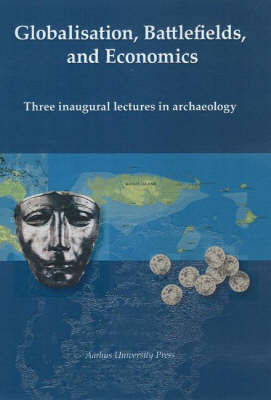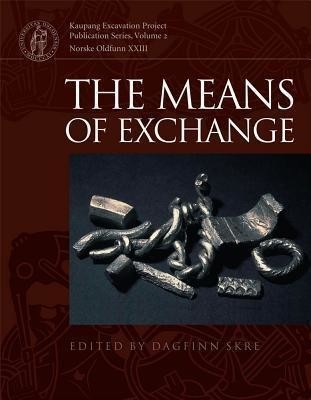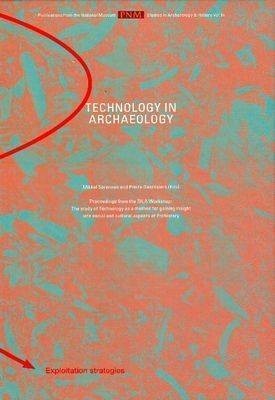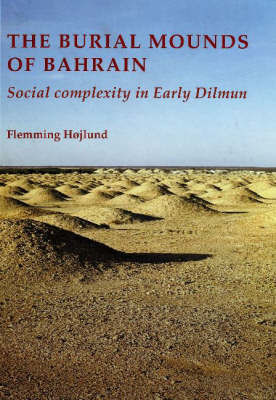Although Denmark, a small country on the European periphery, has only made a modest contribution to decisive progress in scientific research on the international arena, there have nevertheless been numerous significant Danish contributions, and naturally this present work describes these high points. While the high points are represented by scientists like Tycho Brahe, H.C.
Ørsted and Niels Bohr, this publication distances itself from prevailing heroic presentations by putting weight on the dependence of these scientists on a wide-ranging professional network, as well as close contacts to private patrons, the state and other sponsors. Even though splendid pinnacles are also to be found, the flat landscape is perhaps more representative of Danish natural science history. In Denmark, the natural sciences (as also applies to other sciences, and culture in general) have developed mainly through the reception of and adaptation to science from abroad. Reception-history has therefore been given a prominent place in the work. Institutions- and organisations-history is another area that is given high priority, just as great weight has been laid on the material, economic and cultural framework under which research has always functioned. Although Danish natural science researchers have nearly always emphasised the importance of international cooperation, there are many national aspects of a social, political and cultural type which have had significant influence on the scientific practice in Denmark. The present work is documented in such a way that it (also) makes sense to write the international scientists history in a national context, and thereby placing the work solidly in a new and fast-growing scientific-historic genre.






